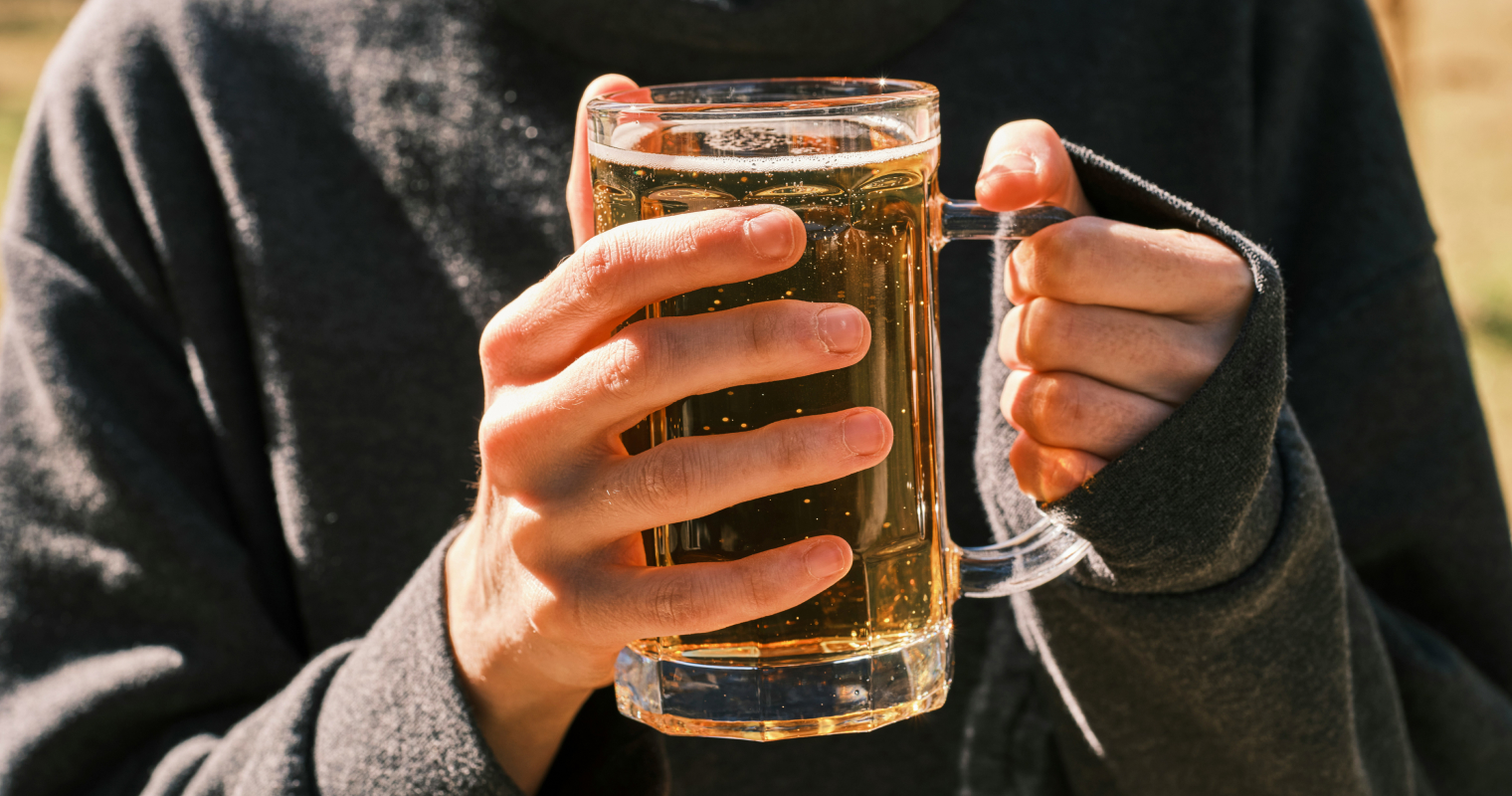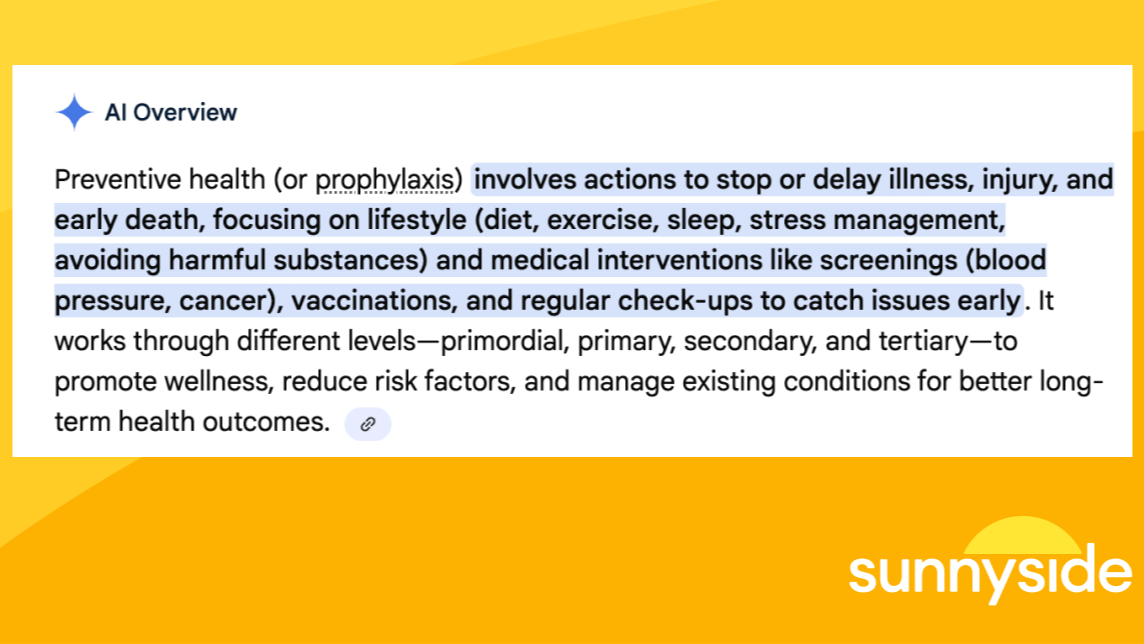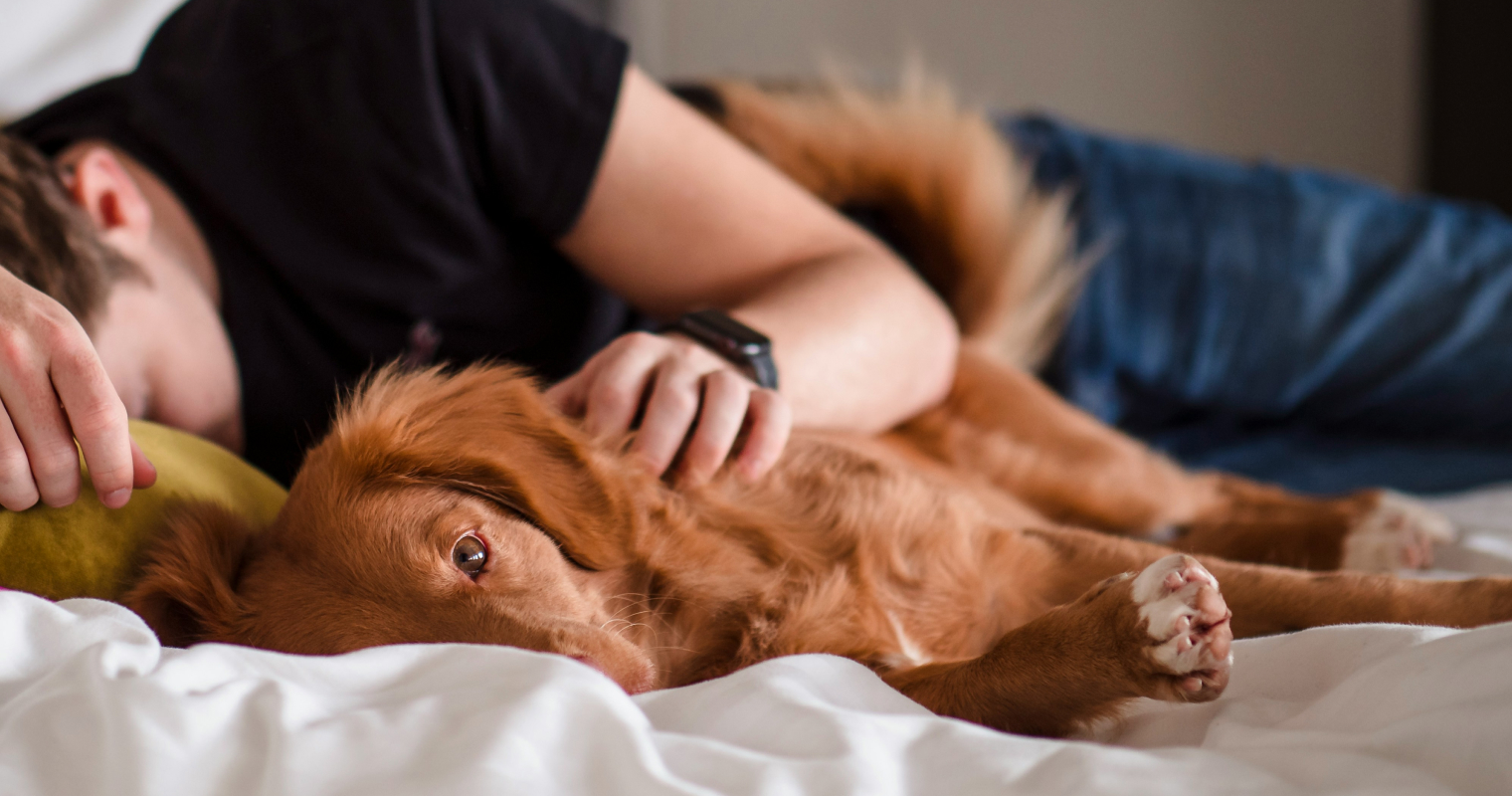
Can I Moderate My Drinking?
In a recent conversation on The One Day At a Time Podcast with host Arlina Allen, Sunnyside co-founder Nick Allen explored a question that sits quietly at the center of many people’s relationship with alcohol: Can I moderate my drinking? It’s a deeply personal question. And for many people, answering it honestly can lead to tons of genuine and helpful insight.





